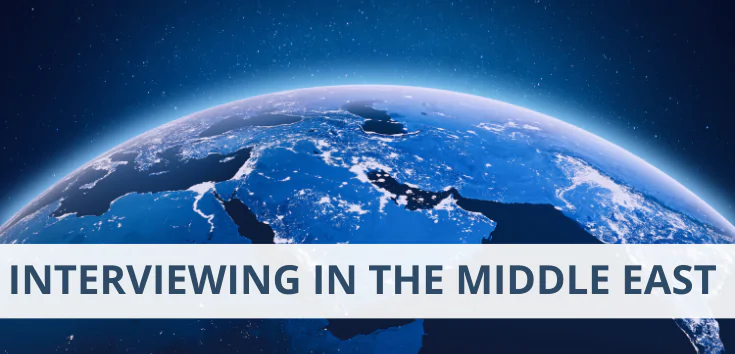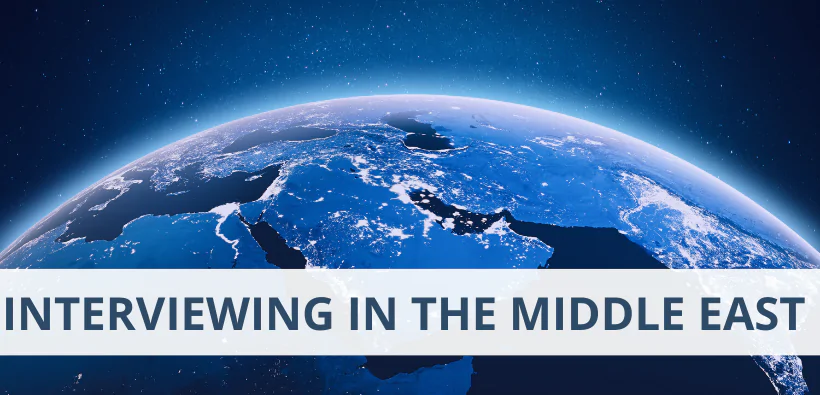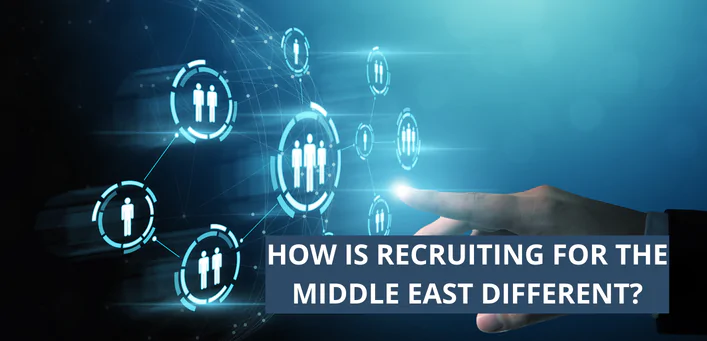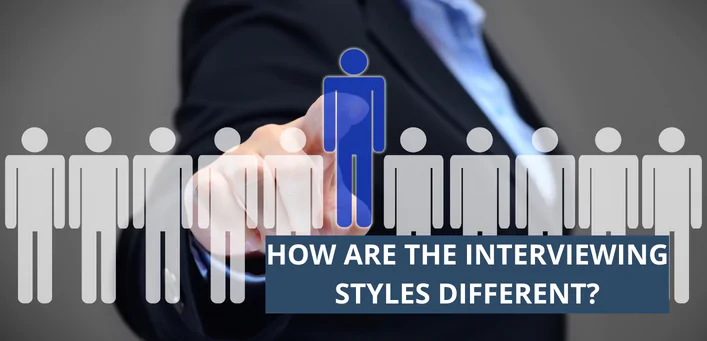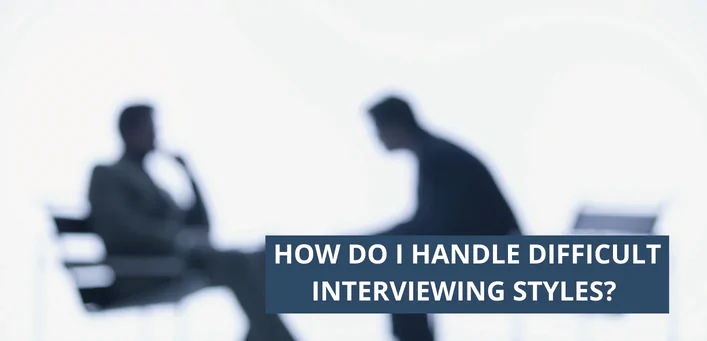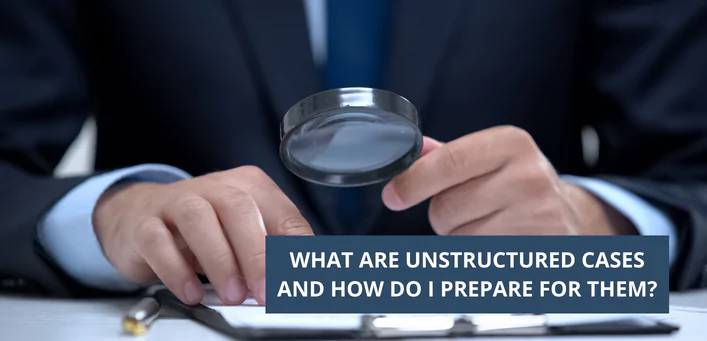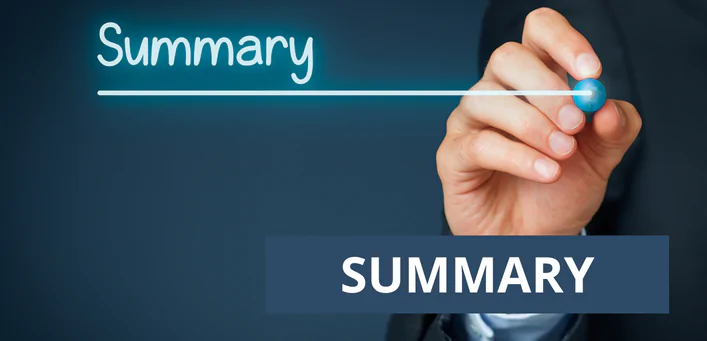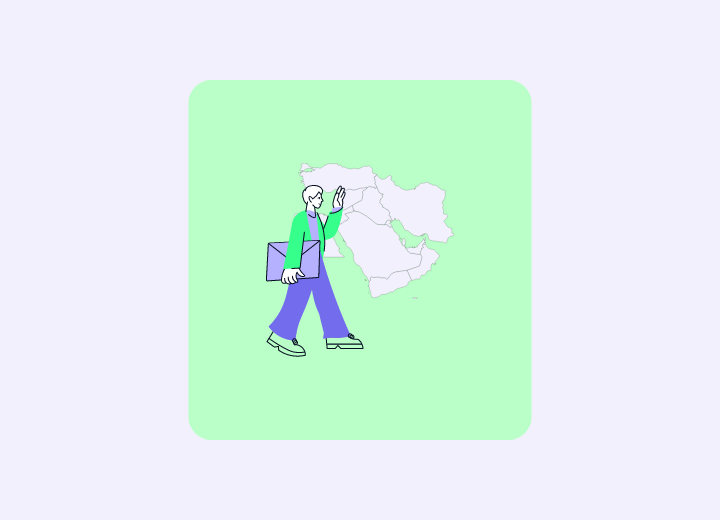Interviews in the Middle East show definite differences from those in other regions. But what should aspiring management consultants pay attention to in this case so as not to be thrown off course?
In this article, the expert Rushabh explains exactly what distinguishes interviewers in the Middle East and what you can expect in the interview. He also explains exactly how you can stand out with counter questions.
